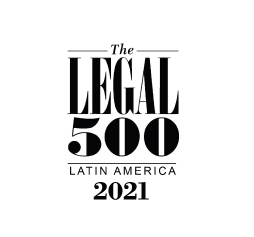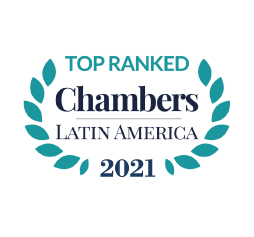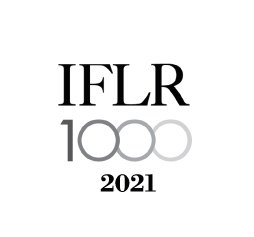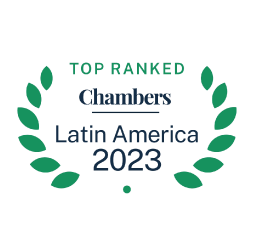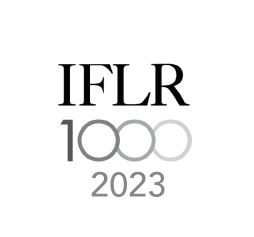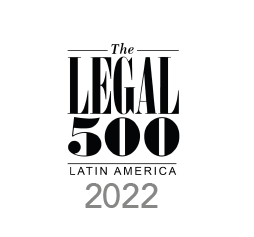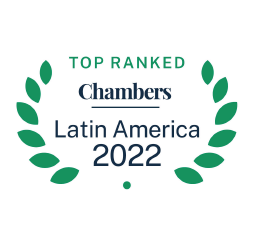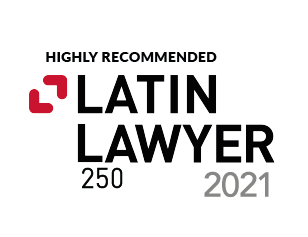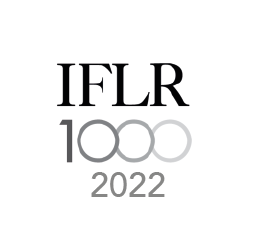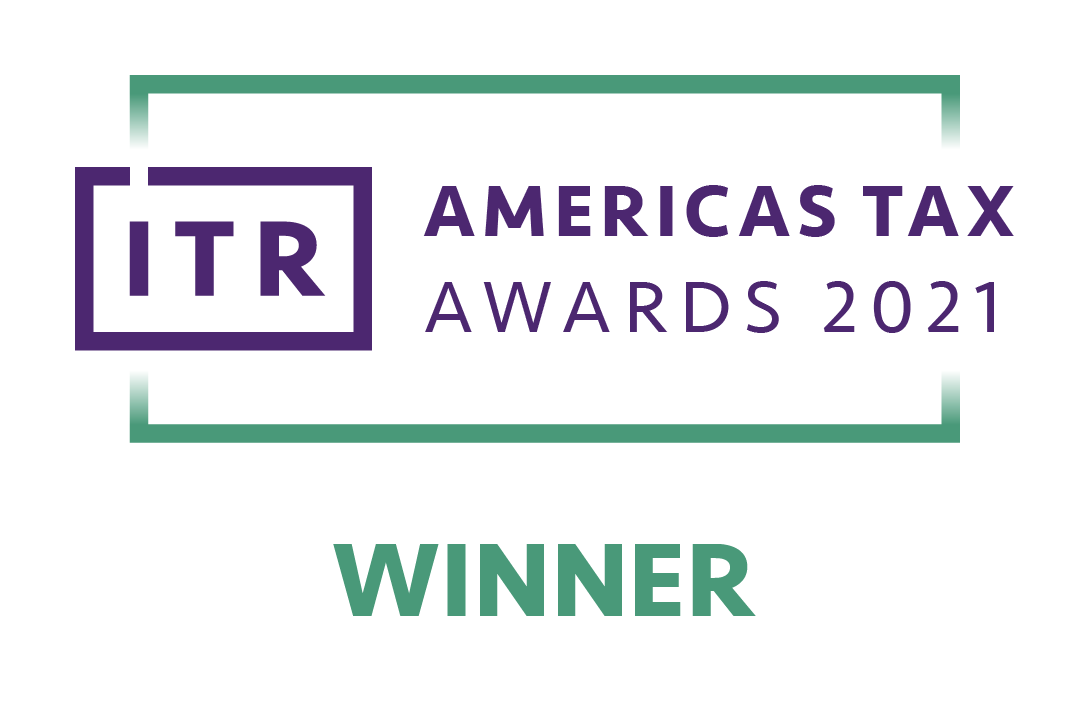Paraguay’s new regulation for PPP Projects was published in November under Decree No. 4183/2020, superseding the previous Decree No. 1350/14 as regulation for the PPP Law (5102/2013).
Among other issues, the new regulation seeks to introduce improvements in regard to the previous one, in light of the experience in 2016 PPP projects such as the Asunción Airport (canceled before being awarded) and Routes 2 and 7 (investment of USD 550 million, 30-year term, with financial closing in October/2019). For instance, the introduction of the “competitive dialogue” between prequalified individuals intends to focus on the market and the parties specialized in these matters to obtain an efficient distribution of risks for all stakeholders, generation of social and economic profitability, and above all project funding from its conception, in order to avoid further renegotiations and/or a bankability addenda that would modify the PPP contract.
On the other hand, the new regulation seeks to simplify interjurisdictional steps and approvals to facilitate the structuring of projects from the public sector, also bringing a greater intervention by the Ministry of Finance at the different stages of PPP projects life cycle originated as public or private initiative, through the General Directorate of Public Investment and the Directorate of Credit and Public Debt in order to keep a record of future, steady and contingent payments assumed as commitment by the Paraguayan State, among other issues.
The following is a brief description of the main features incorporated under the new regulatory framework:
First of all, new definitions were added in order to clarify certain concepts that make up the structuring and implementation of these projects, such as “Financial Closing“, meaning the signing of all financial agreements or contracts entered between the Specific-Purpose Company (the “SOE”) and its financiers, by virtue of which the conditions for the funding or total financing granted to the SOE to ensure compliance with the PPP Contract are stipulated
The concept of “Competitive Dialogue” is incorporated as an interaction mechanism between the Contracting Administration and the selected prequalified entities, through which a consultation procedure and reception of proposals for technical, economic and financial improvements, additions, adjustments and harmonization is carried out in regard to bidding documents such as draft of the PBC, Proforma of the PPP Contract and any other particular related to the project that is considered pertinent. These may or may not be incorporated at the discretion of the Contracting Administration, attending to the best practices related to technical, economic and financial aspects, as well as other relevant aspects of the PPP Project. This procedure is mandatory and is taken as a stage after the prequalification call and prior to the publication of the tender.
Among the definitions, the concept of “Variable Term” is incorporated. It refers to the duration of the contract subject to the fulfillment of certain variables that are related to economic-financial issues, such as the lower present value of income (VPI), as established in the Bidding Terms and Conditions, provided that they occur before the deadline set by Law. Being long-term PPP Contracts, the incorporation of this concept gives flexibility to the project and reduces the risk profile as sponsors ensure the expected profitability with the Contract in force until the total amount offered (at NPV) is met. In times of uncertainty such as the present days, this type of variable-term concessions mitigates the risk of renegotiations by extending the project life beyond the expected due to unforeseen events that reduced revenues for a certain period.
Also, milestones marking the beginning and end of each stage are clarified, establishing that the “Construction Phase” is the period between the order to start the works and the beginning of the operation phase, with the possibility of having the Transitory Operation phase within this one due to the functional sections put into service during the construction phase. A “Preparation Phase” is added, being the period between the signing of the PPP Contract and the start of the construction phase.
Regarding the role of the institutions, a much more active role is given to the Ministry of Finance since it is established that the General Directorate of Public Investment, dependent on the Under Secretariat of Economy from said Ministry, will be in charge of evaluating PPP projects at their different stages, as well as performing other relevant evaluations (risk analysis, evaluation of the economic offer, review of the Value for Money study and the economic-financial model, among others); in addition to coordinating the functions and tasks related to this matter with its different offices, according to their respective competencies. Furthermore, this Ministry is given the power to regulate those aspects that were not anticipated in the new regulation.
On the other hand, it provides for the creation of the Executive Committee of PPP Project Authorities, comprised by Authorities from the Ministry of Finance, the Ministry of Public Works and Communications and the Technical Planning Secretariat (on which the PPP Unit depends), that must issue its own operating regulations and may require the participation of other authorities when so required
Regarding the procedure for selecting the private participant, a prequalification stage was incorporated in mandatory manner for selecting the list of participants that would be entitled to participate in the competitive dialogue and the tender; also establishing that consortia is only allowed until the prequalification stage. Additionally, the participation of potential financiers is allowed, who can follow the process during the period between the prequalification call and the tender, which is very positive to have in practice market tests and fundability of projects, avoiding further empty renegotiations or non-awarded bids as in the past.
Finally, it should be noted that, in general, the articles of the revoked Decree 1350/2014 were replicated, except for those items modified or added by this new and only regulatory Decree of the PPP law
For more information, please contact Martín Carlevaro – martin.carlevaro@berke.com.py and/or Sofía Suárez – sofia.suarez@berke.com.py

